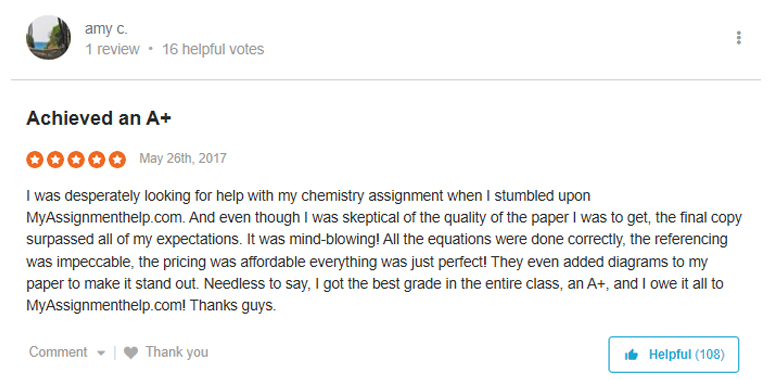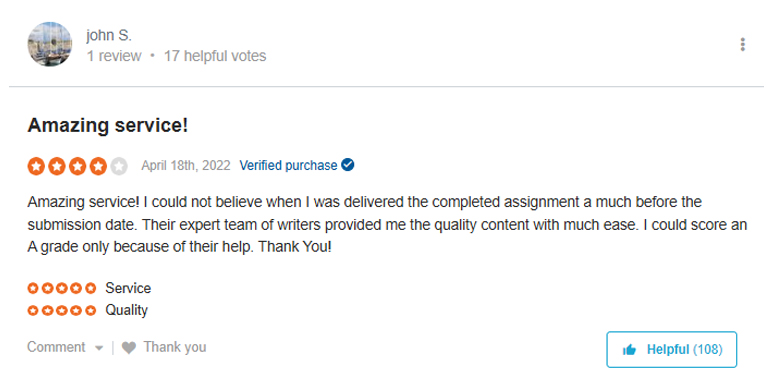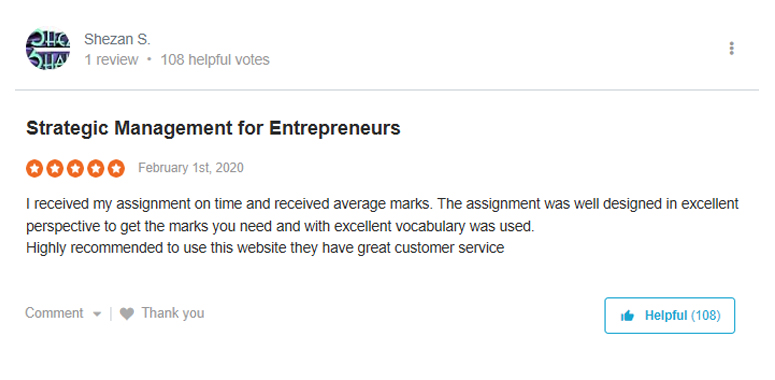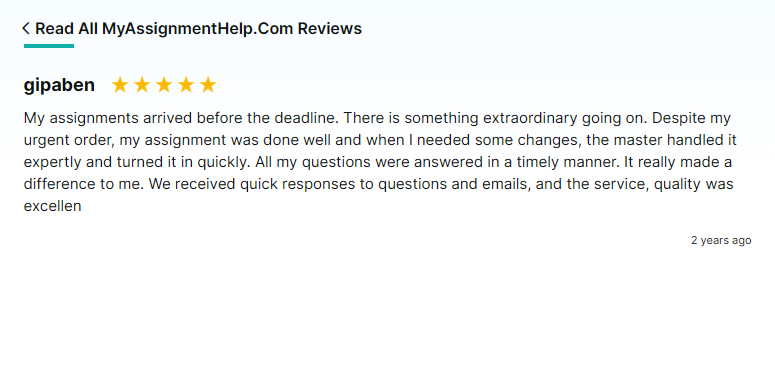Deductive Reasoning and How It Applies to Writing Deductive Essays
Deductive essays assess students' knowledge of different courses and review their analytical skills. To write an effective deductive essay, students must use deduction, a logical approach to making an argument for a specific or personal point by applying several premises.
A premise is more like widely accepted data, facts, or rules that lay the foundation for a theory. Typically, concluding statements are supported by premises. In a deductive argument, you begin with a premise, add another premise, and draw conclusions, so the format is "premise-premise-conclusion." For example:
Premise: All insects have six legs
Premise: Spiders have eight legs
Conclusion: Thus, spiders are no insects.
Deductive reasoning is implemented in real life when someone uses widely known facts or reasons to reach a certain conclusion. However, it is often compared to inductive reasoning because both represent opposite aspects of logical reasoning. While deductive reasoning uses general facts to reach a specific conclusion, inductive reasoning concludes by implementing the outcome of a certain examination. Unlike deduction, the conclusion with inductive reasoning can sometimes be false.
For deductive essay writing, you must implement strong analytical skills to develop a strong deductive argument supported by relevant evidence. For more details, consult our essay writing guides.
Know More
How Does MyAssignmentHelp Structure a Deductive Essay Effectively to Ensure the Logical Progression of Ideas?
MyAssignmentHelp follows the standard structure to develop a logical essay. Throughout the writing process, they adhere to the structure to present a logical flow of ideas and ensure the readers don't get overwhelmed with the content of the deductive paper. Here's the essay outline that our experts follow to write an effective deductive essay.
Introduction
As always, the first paragraph of a good deductive essay focuses on the introduction of the topic, the key ideas, and the thesis. The writer presents the set of premises - facts, clues, ideas, and information of common knowledge to conclude.
Body
The body sections entirely focus on evidence, such as expert testimony, statistics, and personal opinion and experience, that can be described and analyzed by the premises. Our writers incorporate logical thinking while writing and use sufficient evidence from life experience and scientific research to prove or expand the main idea in order to sustain the deductive logic.
Conclusion
A deductive essay conclusion is formulated based on the premises and evidence. The conclusion finally shows the position the writer drives to after a thorough analysis. Our experts make sure an essay on deductive reasoning ends with a logical conclusion and the thesis and leaves a persuasive impact on the readers.
Check Samples
What Are Some Common Pitfalls to Avoid When Crafting a Deductive Essay?
A deductive reasoning essay is based on the concordance of the various assumptions of the current knowledge. Such type of writing is critical and demands clarity and a structured approach. Hence, to enhance the effectiveness of a logical deduction, remember the following points:
- Misinterpreting the Premises
Most students struggle with such tasks because they cannot analyze each premise. To avoid this, pick premises that are factual and relevant to your argument.
It is important to maintain a coherent flow of ideas in such essays. Each argument should naturally lead to the next without any potential gaps in logic or reasoning.
A deductive argument is strong only when it is backed by concrete evidence. Therefore, gather evidence through empirical research, statistical data, or authoritative sources to support your premises.
Both these elements are enemies of deductive writing. You must develop a deductive argument without emotional influence or personal bias to reach a logical conclusion with the proper type of interpretation of the premises.
- Clarity & Logical Fallacies
Clarity and conciseness are two vital aspects. Instead of using complex or overly technical vocabulary and leaving readers confused, aim for straightforward language to convey your ideas clearly. Also, look out for common fallacies such as false dilemmas, hasty generalizations, and ad hominem attacks.
Seek Help













